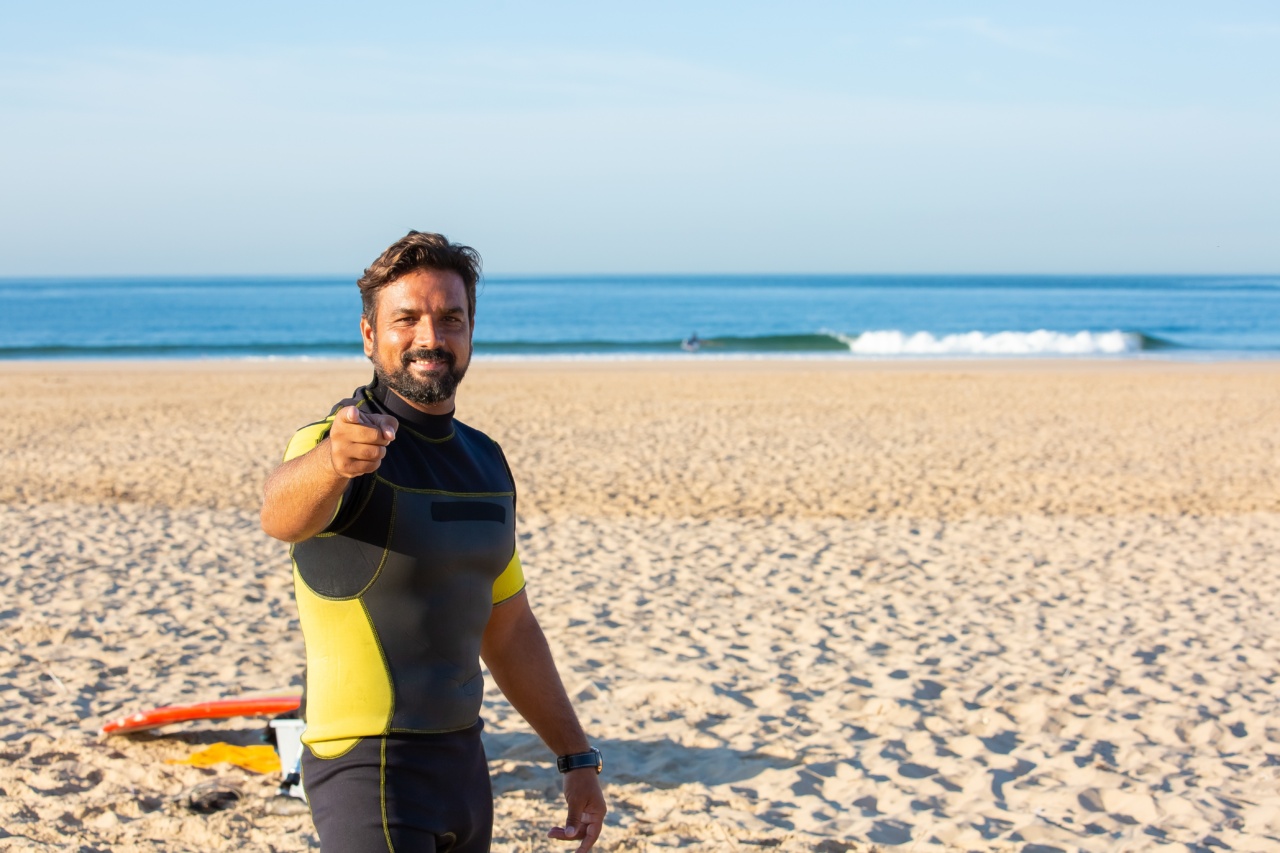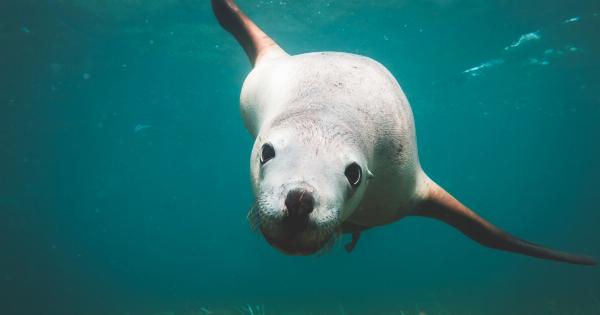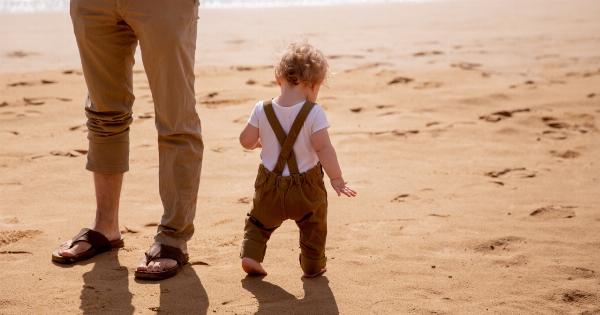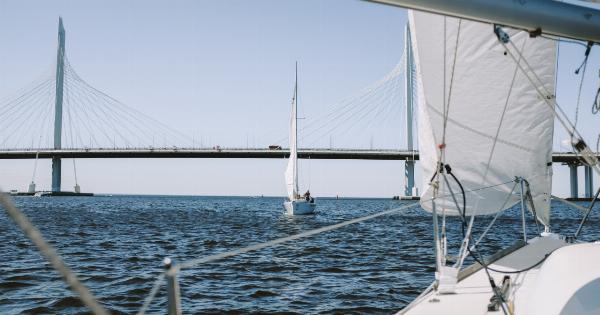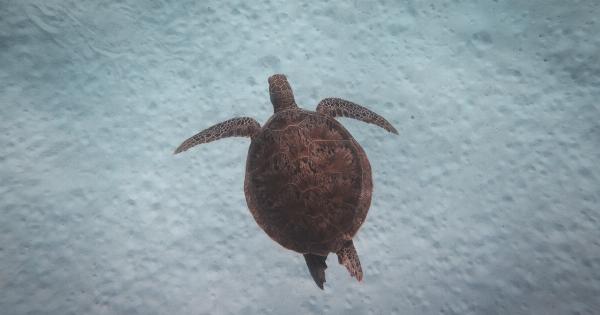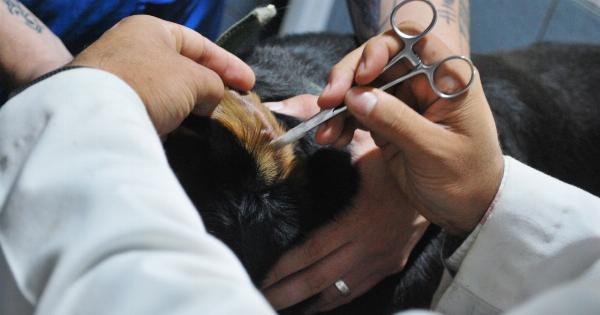Our ears play a crucial role in our overall well-being. They not only allow us to hear the world around us but also help us maintain our balance.
Unfortunately, many people neglect the health of their ears, putting themselves at risk of various ear-related problems. Additionally, it’s important to consider how our actions can impact the environment, especially the delicate ecosystem of the sea.
In this article, we will discuss the importance of protecting our ears and the sea around us and provide valuable tips to help us achieve both goals.
The Importance of Ear Protection
Our ears are sensitive organs that can be easily damaged by loud noises, excessive exposure to water, and other factors. Hearing loss and other ear problems can significantly affect our quality of life.
To avoid such issues, it is essential to take preventive measures and protect our ears.
Tips for Ear Protection
1. Avoid exposure to loud noises: Prolonged exposure to loud sounds, such as music played at high volumes or working in a noisy environment, can damage your hearing. Wear earplugs or earmuffs when in a loud environment to reduce the risk of hearing loss.
2. Limit use of headphones: Listening to music or other audio through headphones at a high volume can be extremely damaging to your ears. Always keep the volume at a safe level and take breaks to give your ears some rest.
3. Protect your ears while swimming: Frequent exposure to water can lead to swimmer’s ear, an infection that occurs in the outer ear canal. Use earplugs designed for swimming to prevent water from entering your ears.
4. Be cautious with earbuds: Inserting earbuds too deep into the ear canal can cause damage to the eardrum. Use them properly and avoid sharing them with others to reduce the risk of infections.
5. Get regular check-ups: Schedule regular visits to an audiologist for hearing tests and evaluations. They can detect any potential issues early and provide appropriate treatment or preventive measures.
The Importance of Protecting the Sea
The sea is a vast ecosystem that supports a diverse range of marine life. Unfortunately, human activities have taken a toll on the health of the sea and its inhabitants.
Pollution, overfishing, and habitat destruction are some of the major threats to the sea. It’s our collective responsibility to protect the sea for the well-being of the planet and future generations.
Tips for Protecting the Sea
1. Reduce plastic waste: Plastic waste is a significant contributor to ocean pollution. Minimize the use of single-use plastics such as straws, bags, and bottles. Opt for reusable alternatives, and recycle whenever possible.
2. Dispose of trash responsibly: Properly dispose of trash and recycling to prevent it from ending up in the sea. Participate in beach clean-up activities and spread awareness about the impact of littering.
3. Use ocean-friendly products: Choose personal care products that are free from harmful chemicals like microbeads, which pose a threat to marine life. Look for products that are labeled as ocean-friendly or biodegradable.
4. Support sustainable seafood practices: Overfishing is a significant issue that depletes marine populations. Opt for sustainably sourced seafood and support local fisheries that follow responsible fishing practices.
5. Be responsible during water activities: When engaging in water activities like snorkeling or scuba diving, avoid damaging coral reefs or disturbing marine life. Respect their natural habitats and follow guidelines provided by local authorities.
Conclusion
By prioritizing the protection of our ears and the sea around us, we can contribute to a healthier and more sustainable future.
Taking simple steps such as using ear protection, being mindful of noise exposure, and adopting environmentally-friendly practices can make a significant difference. Let’s all strive to protect our ears and the sea, ensuring the well-being of ourselves and the planet we call home.
